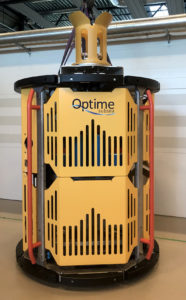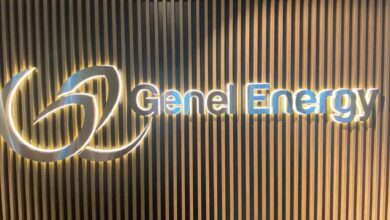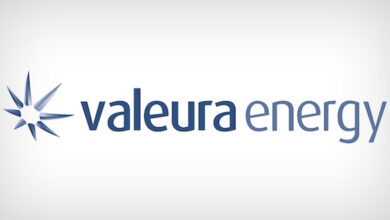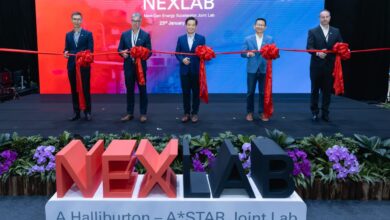Aker BP awards Optime Subsea long-term well access contract
Aker BP has selected Optime Subsea as a provider of well access system and services on the Norwegian Continental Shelf (NCS) for the next two years, with extension options. The well access system that is part of the long-term contract is Optime Subsea’s Subsea Controls and Intervention Light System (SCILS).
“This is a milestone for us, and with Aker BP choosing us as their partner, it shows the industry what our system is actually capable of offering,” Jan-Fredrik Carlsen, Optime Subsea CEO, said.
Aker BP will in the next two years use Optime Subsea’s SCILS and related services, for their well access operations on the NCS. The system is being deployed this spring on Aker BP’s Jette as part of its plug and abandonment operations and Skogul for its installation campaign.
“Using Optime Subsea’s SCILS ties well into our strategy of continuing improvement and optimization of our well access operations,” Mads Rodsjo, VP D&W Functional Excellence in Aker BP, said. “The SCILS offers both cost savings and improved safety in mobilization, operation and customization towards our subsea wells. We look forward to a productive collaboration with Optime Subsea, to continuing improving the efficiency of our subsea wells on the NCS.”

“We are very pleased with the award and the ability to work with an operator such as Aker BP,” Mr Carlsen said. “Aker BP and similar operators are often the driver for introducing new and more optimized technology in our industry. So without disclosing a dollar amount, the value is substantial for Optime Subsea. I would go as far to say it is a milestone for all such well access operations throughout the industry. There is now a field proven system that considerably reduces the time, personnel, space and cost compared to other existing solutions.”
It was at the Norwegian oil and gas conference, Subsea Valley, in 2017, that Optime Subsea announced SCILS as a system to help optimize well access operations. On the same conference the following year, SCILS was revealed as a solution to the industry’s demand in solving today’s and future need for safer, simpler and more cost-efficient operations.
“For us, innovation is about simplicity. The advantages found in this system are modularity and standardization. We have, therefore, already started building similar SCILS, which are ready this summer. We believe these systems will support global operators similar to Aker BP, as well as it contributes to improving our collaboration with the larger international system service providers,” Mr Carlsen said. “Normally, when new systems such as this are introduced, it opens new market opportunities. SCILS has increased functionality, but such a significant reduction of space that we also believe rig providers and operators would want one or two permanently available on rigs globally. This would benefit the efficiency across the industry.”




